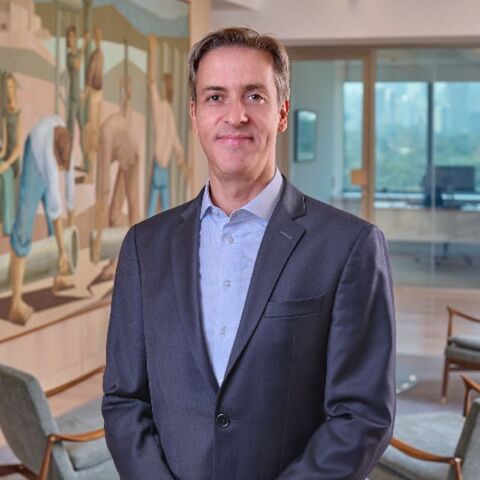The Brazilian Securities Commission’s (CVM’s) Rule No. 308 of May 14, 1999 regulates independent auditing, providing that companies must change outside auditors every five years and that a company must wait three years before re-hiring the same auditor.
Thus far, this regular rotation in auditors has not occurred widely because the CVM, in an effort to facilitate the adoption of new accounting standards (IFRS), has given companies until 2011 to comply (when, for most companies, the fiscal year and the calendar year will begin to coincide) or until 2012 (in other cases). In addition, for finical institutions, the first five-year rotation period began starting with the 2008 fiscal year.
CVM Rule No. 509 of November 16, 2011 lengthens the time that a company may use the same independent auditor to 10 years, provided that the company has created a Statutory Audit Committee (CAE) meeting minimum requirements set-forth in the regulation. This regulatory change incentivizes the establishment of the committee, recognizing the importance of sound internal corporate governance as companion objective to ensuring greater transparency and independence in the auditing process.
The CAE will serve as legally recognized body within the company, composed mainly of independent members with the technical expertise to carry out the committee’s duties. CVM Rule 509 provides that the committee has the responsibility to oversee, evaluate, and advise on diverse matters related to the auditing process, including decisions to hire and fire outside auditors, monitoring the quality of auditing services provided, evaluation of the company’s internal controls and risk exposures, related party transactions, executive compensation, and other issues related to protecting investors.
The CAE will be charged with providing an annual report that the company will issue along with its financial statements, and this report will describe the committee’s processes and findings, as well as its recommendations, in addition to a discussion of any significant differences that may exist between the opinions of the committee, the outside auditors, and the company’s management with respect to the company’s financial statements.
As the new rule provides that that a company must create the CAE in the year prior to it hiring the auditor in order to benefit from the new ten-year service period, companies that intend to install a committee right away in order to benefit from this new rule need to create a CAE by December 31, 2011 and amend their bylaws within 120 days as from January 1, 2011.
With this new rule, the CVM consolidates its rules regarding auditors servicing companies operating in the Brazilian capital markets. This regulatory framework incorporates diverse proposals being discussed in other nations, including some of the recommendations of the European Union’s Green Paper of October 13, 2010. As a result, this regulation should serve as an interesting proving ground for these proposals that aim to improve corporate governance in public companies.




































